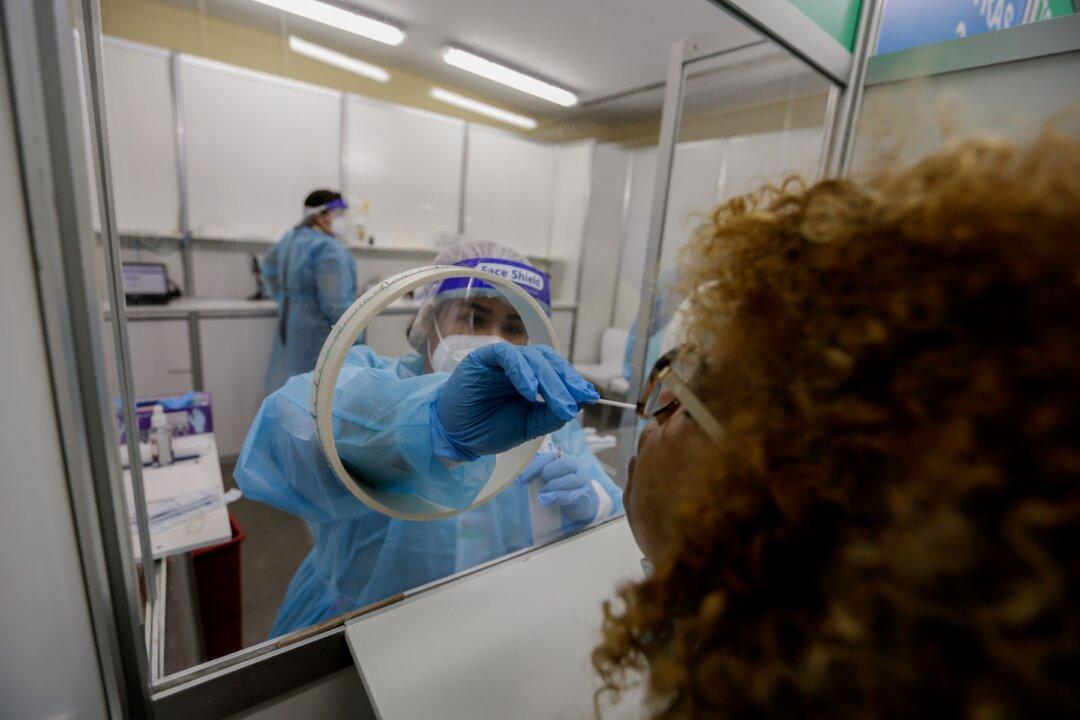A new study from health researchers shows encouraging signs that a quick and cost-effective screening tool can be developed to identify COVID-19.
The study, conducted by the Lawson Health Research Institute, Western University and the University of Alberta, has identified biomarkers that could be used to detect the COVID-19 virus in as little as 20 minutes in blood screening tests.





